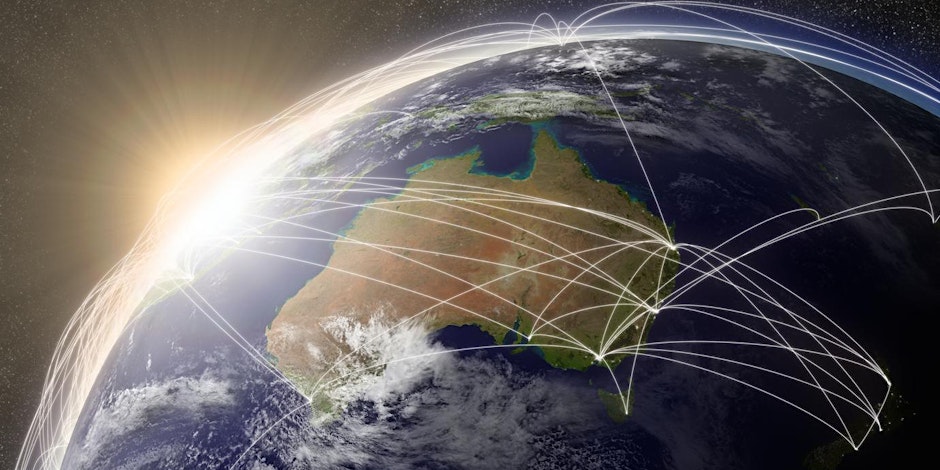The Australian Access Federation (AAF) is excited to announce they have received funding for a new Trust and Identity (T&I) program from the National Collaborative Research Infrastructure Strategy (NCRIS).
In 2021, the National Research Infrastructure Roadmap identified a need to develop a cutting edge T&I solution for national research infrastructure.Currently there is a gap to securely connect researchers with data and instruments to carry out their research in a simple manner. The purpose of the T&I program will be to create a national framework that will enable researchers from universities and industry to easily access NCRIS capabilities in a secure way.
“The Trust and Identity program will become a vital component of Australia’s national research infrastructure. The two-year funding will kickstart a system-wide approach for a T&I framework to ensure Australia is globally aligned and researchers aren’t left behind”, says CEO Heath Marks.
The program will work with NCRIS capabilities to adopt a national framework for T&I and implement secure solutions that will support research. NCRIS capabilities that are ready to work with us and take the next steps to implement a robust T&I solution are encouraged to contact us. These collaborations will establish the framework we develop to meet the communities needs and the tooling to ensure seamless access for users.
Rosie Hicks, CEO from ARDC expressed her support saying, “T&I is integral for ensuring researchers from academia, the public sector and industry have seamless and secure access to digital research infrastructure. The T&I program will be a crucial component of the ARDC’s new Thematic Research Data Commons, which will scale up digital research infrastructure to meet Australia’s future research needs.”
The Trust and Identity program is supported by the Australian Research Data Commons (ARDC) and NCRIS to support national digital research infrastructure for Australian researchers.
For more information about the program, please visit our Trust and Identity Pathfinder Project website








